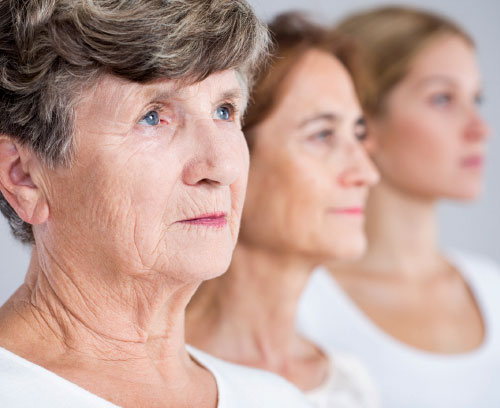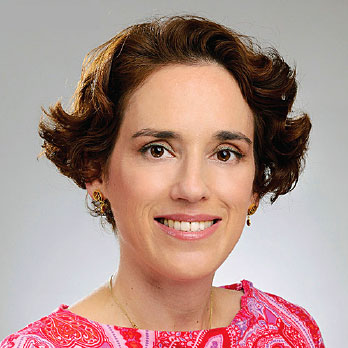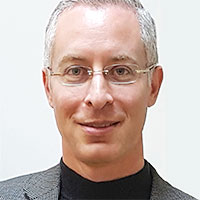
Spanning cultures and centuries, ageism, or age discrimination, pushes older adults to society’s margins and often affects health. Two prominent BIU experts, Prof. Liat Ayalon and Prof. Ehud Bodner, examine this age-old challenge that is ever so relevant today.
“For the first time in history, older adults have outnumbered children worldwide. It is therefore our duty to ensure a world for all ages, where age is not a barrier,” says Prof. Liat Ayalon of BIU’s Louis and Gabi Weisfeld School of Social Work. Ayalon has been appointed to lead EuroAgeism – a new, international consortium of researchers, policy makers, and social and health care professionals supported by the European Commission – which seeks to address age discrimination in general, and specifically, discrimination against the elderly.

Prof. Liat Ayalon
Photo credit: Yael Hahn
“Ageism can be mapped according to main foci: job market, health, and media,” notes Ayalon. “The age of retirement is arbitrarily set and forces older people to stop working, even if they are still at their peak and contributing to the workplace.” She also notes the difficulty that even 40-year-olds can have in landing a job, and the hesitancy of employers to promote older workers.
Age can also be a factor in withholding treatment, such as surgical procedures to improve quality of life. “Ageism is found even in clinical studies, and surprisingly, also in research relating to old age. People above 80 who suffer from dementia rarely participate in clinical trials geared towards treating dementia. Drugs are thus based on a younger population whose risk of dementia is relatively low. This is a distortion,” says Ayalon.
Ayalon points to the irony which exists in the promotion of anti-aging products: Youth, physical beauty and sexuality are the hidden and overt messages, but the truth is that “The very core of the anti-aging campaign is ageism; because the message is that we have to fight aging.”
Unhealthy Perceptions of Aging
Prof. Ehud Bodner of BIU’s Interdisciplinary Department of Social Sciences relates that “People, who, in their youth, were prejudiced against the elderly, find it difficult to distance themselves from these negative perceptions as they themselves age.” According to Bodner, studies conducted over the years in different countries show that these prejudicial perceptions have far-reaching implications on human health, and on life expectancy and quality of life. Comparative research indicates that those falling into this category are more likely to suffer from heart problems, hearing decline, walking instability, and lower cognitive function than their positive-thinking peers; they even live 7.5 years less on the average.

Prof. Ehud Bodner
Women are More Empathic
As to gender, Bodner points out that “Men have a stronger tendency towards age discrimination.” This finding, he says, “is widespread across continents and cultures, and is explained by women’s traditional caregiving roles, which enable them to empathize.”
Interestingly enough, an exception was found in a study conducted in the Arab community. Arab women were shown to have a higher level of aging anxiety and ageism which can be attributed to their demanding roles in caring for their households, elderly parents, and husbands.
Reducing Ageism
There are many ways to reduce ageism. Bodner proposes enacting laws against age-discrimination in the workplace, housing and health, as well as using the media to “expose more positive and admirable elderly role models. We can also conduct workshops and courses on aging, create a dialogue between youth and elderly and even design residential neighborhoods that will accommodate a heterogeneous population which includes the elderly.”
Says Ayalon, “We can change the way we think, feel and act towards age and aging.” This she and the consortium hope to achieve through the training of international PhD students who will eventually capture positions as scientists, educators, science advisers, policy advocates, lobbyists, or legislators in the field of ageism – effectively advancing research and policy in the field.





